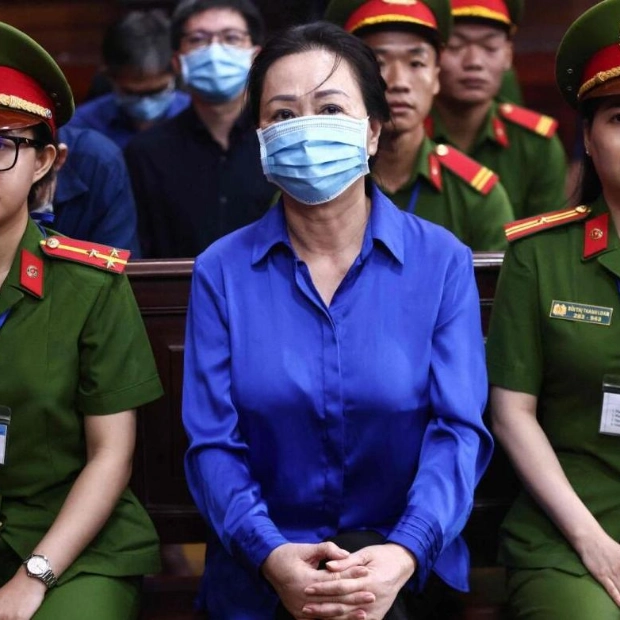On Tuesday, the world's leading authority on corporate climate action, the Science Based Targets Initiative (SBTi), characterized carbon credits as 'ineffective' in combating global warming and as a risk for companies aiming to achieve net zero emissions. The use of credits for claiming carbon neutrality has been contentious, and SBTi's findings were highly anticipated. SBTi, supported by the UN and WWF, is the gold standard for evaluating the net zero strategies of major corporations. Its approval signifies that a company's climate commitments are scientifically aligned.
However, SBTi faced internal dissent in April when it considered allowing increased use of carbon credits to meet climate goals. This led to calls for the CEO and board to resign, prompting SBTi to pledge a review of third-party literature on carbon credits and to release its expert findings in July. The review concluded that various types of carbon credits are ineffective and pose clear risks, including potential negative impacts on the transition to net zero.
The review found no evidence identifying characteristics or conditions associated with effective carbon credits. Doreen Stabinsky, a member of SBTi's technical council, emphasized that the evaluation supports longstanding academic views that carbon credits should not be used to offset fossil emissions. Carbon credits are intended to fund activities that reduce or prevent emissions, but critics argue they enable continued pollution without genuine efforts to clean up operations.
Previously, SBTi required companies to primarily reduce their greenhouse gas emissions before resorting to offsets for the most challenging emissions to cut. In April, SBTi considered relaxing rules for offsetting Scope 3 emissions, which are largely in the value chain. This proposal was seen as a significant shift for the highly respected organization, which has verified the climate pledges of nearly 5,800 companies and financial institutions.
Gilles Dufrasne from Carbon Market Watch praised SBTi's revised stance as a clear rebuttal of its earlier proposal, highlighting the high-quality, unbiased work of SBTi staff. SBTi's CEO resigned in July for personal reasons, and the initiative plans to update its net zero corporate standards by late 2024, maintaining its current guidance until then.






